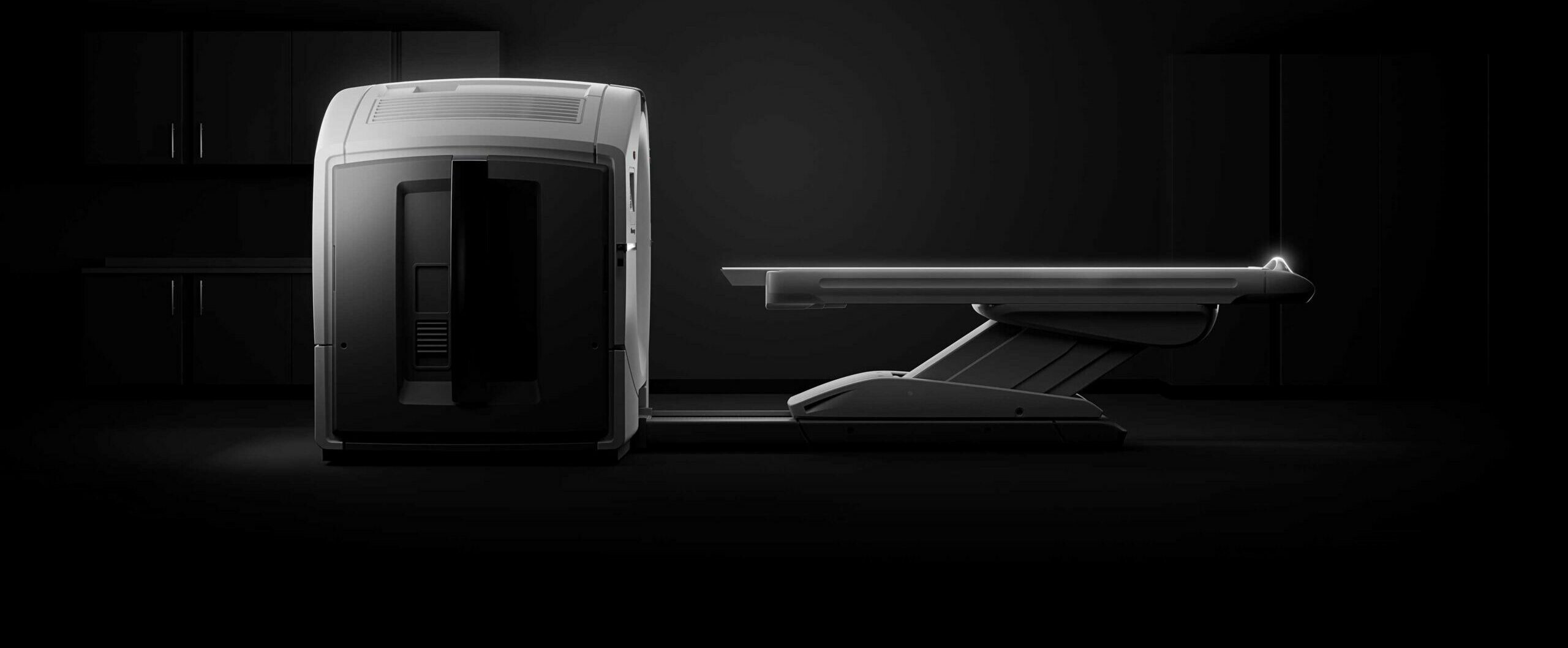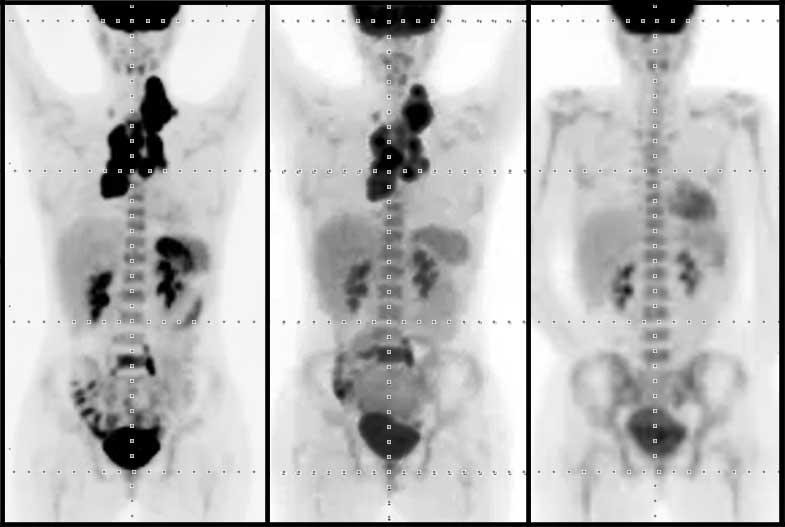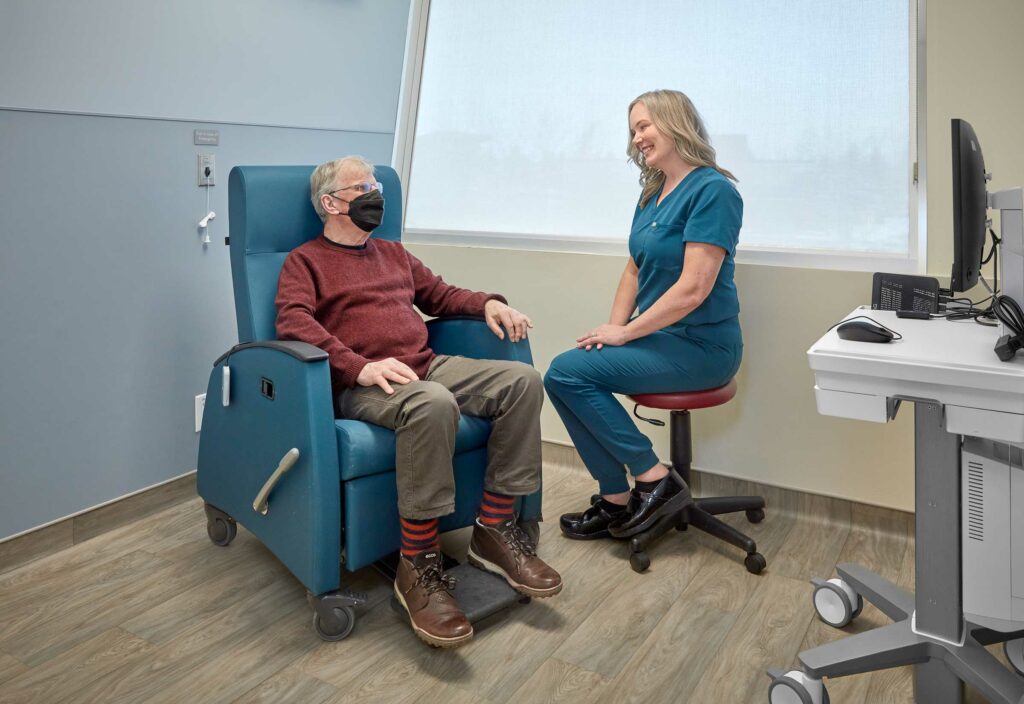When will I get the results from my oncologic PET CT scan?
After the oncologic PET CT scan is complete, a dual-trained and certified MIC nuclear medicine physician and radiologists will review the images and send a detailed report to your practitioner, usually within one to two business days.
PET CT Cost for Oncologic Applications
PET CT imaging used for oncology is not covered by the Alberta Health Care Insurance Plan (AHCIP) when performed in community-based clinics outside the hospital.
The cost of PET CT imaging in oncology imaging applications is as follows:
| PET CT Imaging Exam | Cost |
|---|---|
| FDG PET CT – Brain Scan | $999.00 |
| FDG PET CT – Standard Whole Body | $1,099.00 |
| FDG PET CT – Extended Whole Body | $1,199.00 |
| FDG PET CT – Head and Neck Package* | $1,499.00 |
| Dotatate PET CT | $3,299.00 |
| PSMA PET CT | $3,299.00 |
| Diagnostic Enhanced CT Scan | $499.00 |
Please note:
- Our dual-trained radiologist and nuclear medicine physicians will protocol all requisitions to ensure an accurate price estimate.
- The price is based on the imaging application, relevant tracer, area of interest (brain, head, neck, whole body, etc.), and need for a combined diagnostic enhanced CT.
- If a combined PET and diagnostic enhanced CT is required, the CT component will be $499.
- *FDG PET CT – Head and Neck Package includes a standard whole-body scan with separate, dedicated, high-resolution neck imaging.
Patients are encouraged to talk to their employer or a Benefits Specialist before booking their exam to see if they qualify for extended coverage. Some extended benefits programs or health spending accounts may cover a portion or possibly the entire exam fee.
Oncological PET CT FAQs
High FDG uptake in an oncological PET CT scan may be indicative of an inflammatory process, cancer or abnormality. However, there is a misconception among patients that any level of uptake is abnormal – which is not always the case and can lead to unnecessary anxiety and concern.
It is also important that patients do not take opiates and other derivatives for 6 hours before their exam. Opiates include but are not limited to morphine, codeine, etc.
Lastly, patients must not take valium or benzodiazepines for 6 hours before their exam. Benzodiazepines are often prescribed to help treat conditions such as anxiety, insomnia, and seizures. In general, if taken for claustrophobia, these medications can be taken towards the end of the uptake period (i.e. shortly before the scan) to help the individual complete the test, without negatively impacting radiotracer distribution. Our central booking team will review all preparation requirements when scheduling the appointment.
Markman, M. (2021). PET/CT scan for cancer. https://www.cancercenter.com/diagnosing-cancer/diagnostic-imaging/pet-ct-scan


